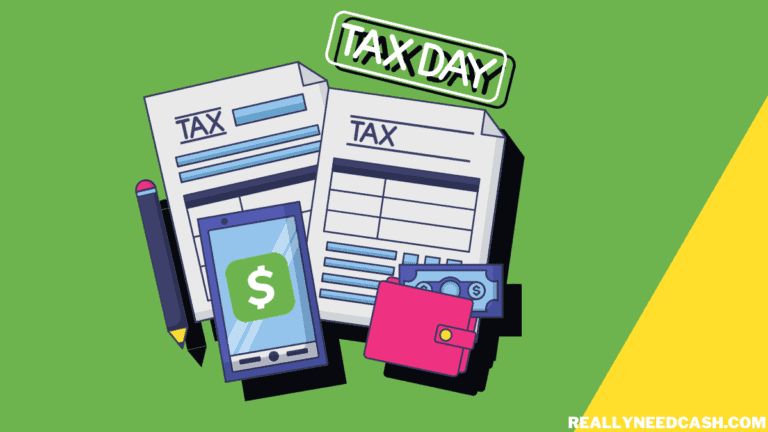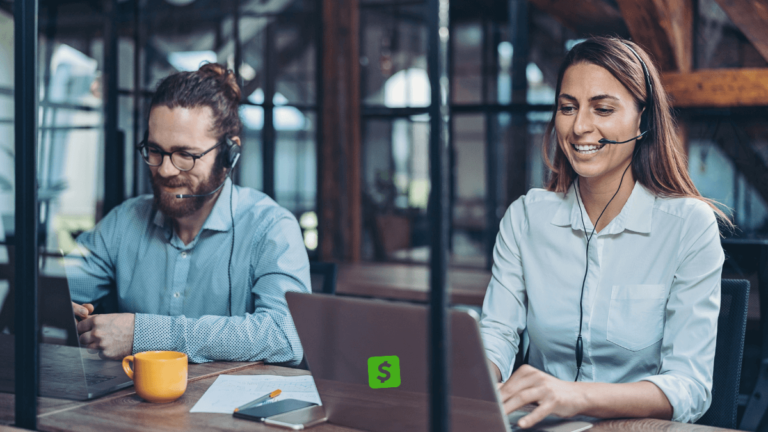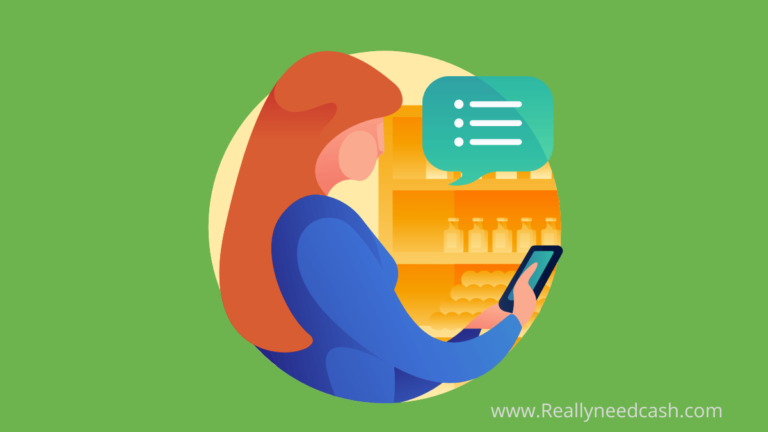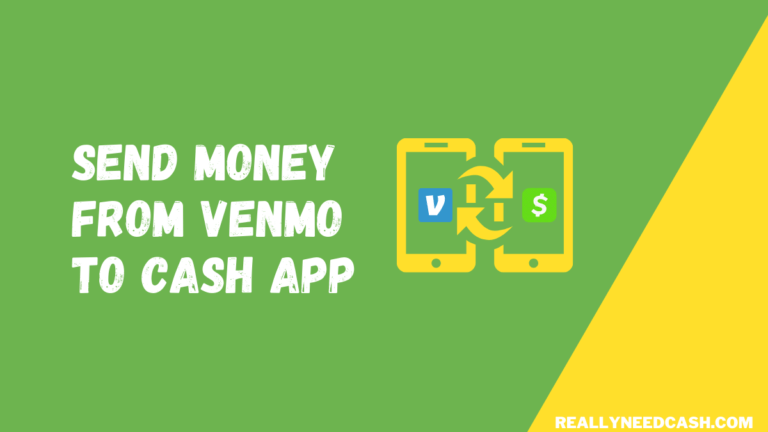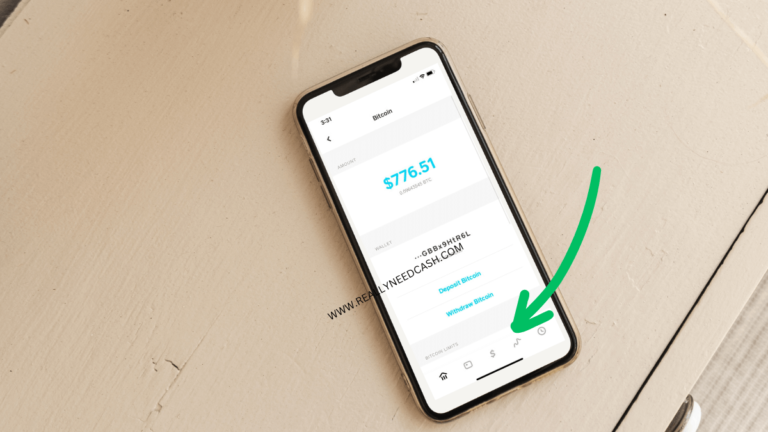What is a PVC Cash App?
PVC Cash App charge previously referred to as the clearance fee refers to a payment voucher for a Payment Verification Code (PVC). Cash App doesn’t have a PVC charge and doesn’t require a clearance fee. The charges are not legitimate fees and are typically associated with fraudulent activities.
How to Pay PVC on Cash App?
- Open Cash App
- Click on ‘Pay & Request’
- Enter your payment details
- Choose your payment source
- Click ‘Pay’
Note: Cash App does not charge any PVC (Payment Verification Code) fees, and there is no need to pay any fees when using Cash App to pay for items.
This begs the question, what is a PVC charge on Cash App? Should you go ahead and pay it, or is it some sort of fraudulent scam?
- The PVC charge previously referred to as the clearance fee, is a scam!
- There’s no such thing as a PVC charge in Cash App. In fact, Cash App doesn’t have clearance fees.
- If you receive an email that says you need to pay a PVC charge, simply ignore it.
In this post, we cover everything you need to know about the PVC charge (clearance fee) scam so that you don’t fall victim to it.
We also highlight how to avoid similar scams, so stick around.
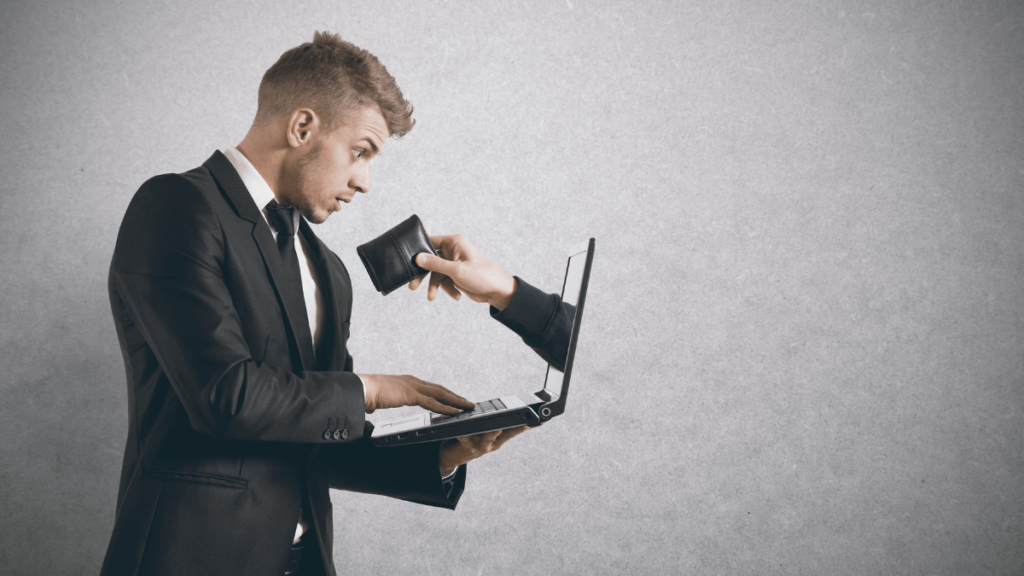
The Cash App PVC Charge Scam
The PVC charge on Cash App is pretty straightforward compared to other attempts of fraud that involve the use of Cash App. It is important to note that Cash App does not charge any PVC fees or require users to pay clearance fees.
Here’s how fraudsters run this PVC scheme:
- The scammer sends the victim an official-looking email that has the Cash App font and tag. In most cases, the email looks quite convincing.
- Typically, the email would say that someone has sent you a certain amount of money through Cash App and that the payment is pending.
- The email would then say that for you to receive the amount of money that was sent to you via Cash App, you need to pay a PVC charge (clearance fee) of $50.
- If you fall for this scam and pay the 50$, the scammer will block you shortly after, and you won’t receive anything.
Note that the amount of money that the email says you’d receive if you pay the $50 PVC charge is typically much more than the charge itself.
The scammer is basically hoping that you’d think, “So, I pay $50, and I receive $500-$1,000? Sounds like a good deal!”
Note also that such emails tend to have clickable links. Do not click any of these links, as they might be some sort of phishing attempt to gather your login credentials.
Such fraudulent attempts aim to clean out your Cash App account as well as your bank account.
Tips to Avoid Cash App Scams
The PVC charge scam isn’t the only fraudulent attempt you need to be wary of.
To avoid such scams, consider the following tips:
- Never send money to Cash App accounts that aren’t verified.
- Avoid sending money to Cash App users you don’t know.
- Never send money to someone that promises some sort of future return.
- Always check the recipient’s account to ensure it’s the right user.
- Always double-check the recipient’s information before sending money.
How to Report Scams on Cash App
If you’ve fallen a victim to a scam on Cash App, follow these steps to report the scam:
- Launch Cash App.
- Find the profile icon at the upper right corner of the screen and tap it.
- Choose ‘Support.’
- Choose ‘Report a Payment Issue.”
- Select the payment.
- Proceed with the prompts.
If you’re looking to report a potential scam account, follow these steps:
- Launch Cash App.
- Find the potential scam account using a name, phone number, email, or $Cashtag.
- Scroll down to the bottom of the account to find the ‘Report’ and ‘Block’ opinions.
- Choose the ‘Report’ option.
- Proceed with the prompts.
Keeping Your Money Safe With Cash App
If you’re worried about scams and fraud attempts while using Cash App, there are some best practices that you can implement to ensure maximum security, including:
1. Transaction Verification
The first security measure you can implement to protect your money with Cash App is activating the “Security Lock” setting. This setting ensures that every payment and cash out made using your Cash App account cannot be processed without your passcode.
You should also activate the notifications option in the profile section of your Cash App account so that you’re notified via text message or email every time a transaction is made.
2. Monitor Your Sign-Ins
As you know, every time you log into your Cash App account, you receive a sign-in code via email. If you happen to receive a sign-in code that isn’t solicited, you need to update your Cash App account’s password. You should also activate the two-factor authentication option.
If you use more than one device to log into your Cash App account, make sure to log out of your account after you’re done using the app, whether on your personal device or a different device.
3. Secure Your Device and Email
If the device you use to access your Cash App account doesn’t have a password, we highly recommend setting one.
Further, if your email service provider supports two-factor authentication, we recommend enabling that option to secure your email.
4. Know the Cash Team Domain Names
The team behind Cash App uses emails with the following domain names:
- @cash.app
- @squareup.com
- @square.com
With that in mind, if you receive an email that claims to be from Cash App, yet it doesn’t have any of the above-listed domain names, ignore it.
Also, keep in mind that emails sent by the people behind Cash App only contain links to cash.app, square.com, and squareup.com.
So, if you receive an email claiming to be from Cash App, yet it has links to other websites, it’s most likely a scam.
The Takeaway
While it’s one of the easiest ways to send and receive money, there are a lot of scams that Cash App users need to be mindful of, from cash-flipping scams to fraudsters pretending to be customer service representatives.
Hopefully, with the information shared in this post, you’ll be able to avoid potential scams and keep your money safe with Cash App.

